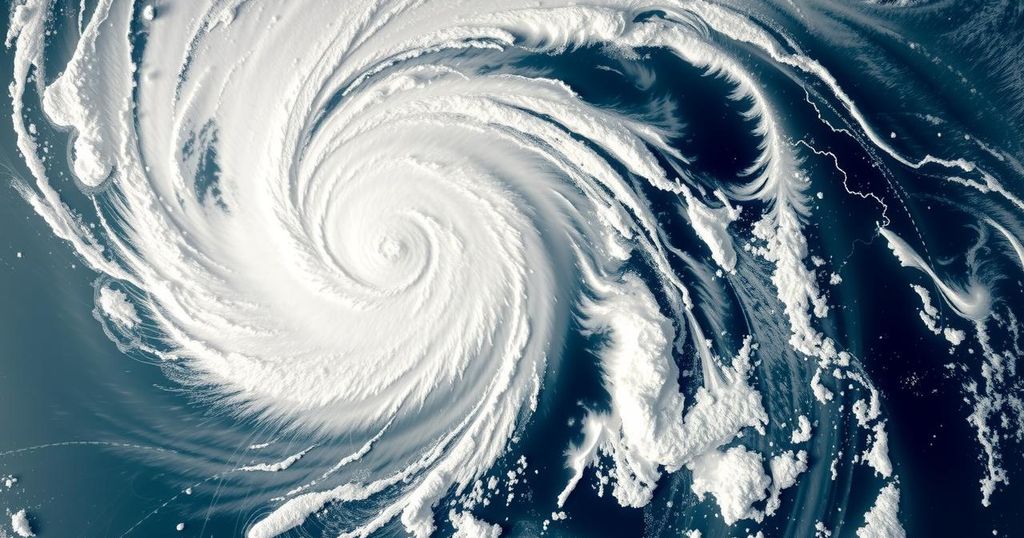Tropical Cyclone Chido: Emergency Impacts and Preparedness Actions in Southern Africa

Tropical Cyclone Chido is affecting six countries in Southern Africa, with an estimated 2.7 million people impacted. Severe weather, including heavy rainfall and strong winds, is forecasted, prompting preparedness measures across the region. Humanitarian teams are actively engaging in response efforts, focusing on aid distribution and evacuation protocols as the cyclone approaches Mozambique.
A devastating Tropical Cyclone Chido is impacting six countries in Southern Africa, with nearly 2.7 million people estimated to be affected by this severe weather event. As the cyclone transitions through the region, Madagascar, Mozambique, and the Comoros are experiencing significant rainfall, flooding risks, and evacuation measures. Current efforts are focused on preparedness, including humanitarian aid positioning, community advisories, and airlift logistics for essential supplies, particularly in Mozambique and Madagascar, as the cyclone approaches landfall. The cyclone is forecasted to significantly affect Pemba, Mozambique on the morning of 15 December, with the potential to exacerbate existing vulnerabilities in several regions throughout Southern Africa.
The Tropical Cyclone Chido formed in the southeastern Indian Ocean and has progressed westward, intensifying to a Category 4 cyclone before weakening to Category 3 as of 13 December. Its trajectory indicates it will affect the northern coasts of Madagascar and subsequently make landfall in Mozambique. The ramifications of this cyclone include heavy rainfall, strong winds, and potential flash flooding across several countries in the region, including Malawi, Zambia, and Zimbabwe, prompting coordinated emergency response efforts from various humanitarian organizations and governments.
The ongoing impact of Tropical Cyclone Chido poses a significant challenge to Southern African nations, with extensive emergency preparations being implemented in response to the widespread expected damage. The humanitarian response is focused on providing timely assistance and ensuring the safety of affected communities through proactive measures and coordination among multiple stakeholders. The international community is closely monitoring the situation to provide assistance as necessary to mitigate the effects of this natural disaster.
Original Source: reliefweb.int






